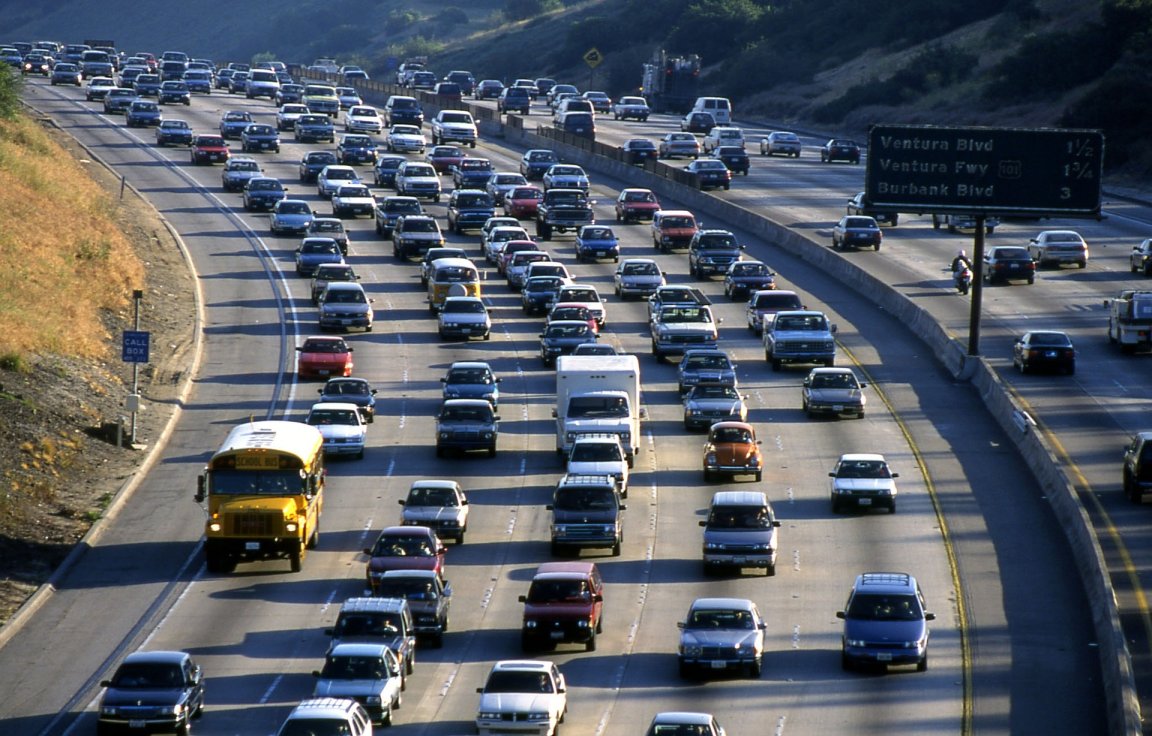
Pollution phase-out
Efforts to free California from polluting vehicles once and for all are finally taking shape, as a bill that would ban fossil fuel-powered cars by 2040 has been officially put on the table by California Assemblymember Phil Ting.
Ting has delivered on the idea he had introduced last month, and now the bill is up for approval.
While the state is already on track to meet its renewable energy goals a staggering 10 years ahead of schedule, this bill, called the Clean Cars 2040 Act, could drastically cut emissions and make California a real pioneer in the fight against climate change.

Now, this bill wouldn’t pull all polluting vehicles from the road, but it would prohibit the sale of any new car or truck running on fossil fuels. All new passenger vehicles sold in California would have to be “zero-emissions vehicles” like battery-electric or hydrogen fuel cell cars. Speaking about the importance of the new bill, Ting said: “we’re at an inflection point: we’ve got to address the harmful emissions that cause climate change.”
A Zero-Emissions Future
As many work to reduce emissions, especially in the state of California, some might suggest that setting such a rigid timeline is drastic or unnecessary. But Ting explained observed that “until you set a deadline, nothing gets done.”
While emissions come from a variety of sources other than cars, in his speech Ting reminded that “vehicles [that] run on fossil fuels are responsible for nearly 40 percent of California’s greenhouse gas emissions.”
Not only the new measure could deliver important environmental benefits, but it also makes business sense. The fact sheet accompanying the bill makes a case for staying ahead of the green trend: “Great Britain, France, China, India, and other countries are phasing out gas and diesel-powered vehicles, and requiring new vehicles to be zero emissions,” the document states.
It notes that the four countries account for over 35 million new vehicle sales per year, and the global automobile industry will have to meet the new needs with a full range of zero emission vehicle options. “By aligning its 2040 requirement with these and other countries,” the note adds, “California can keep pace with the world and take advantage of this coming market shift.”